Gambler, saint or genius — 10 little-known facts about Leo Tolstoy
Categories: History
By Pictolic https://pictolic.com/article/gambler-saint-or-genius-10-little-known-facts-about-leo-tolstoy.html112 years ago, on November 10 (new style), 1910, Russian writer Leo Tolstoy left his own house after collecting only the essentials. He left and couldn't come back. However, the whole life of this extraordinary man was filled with strange and sometimes unpredictable actions.
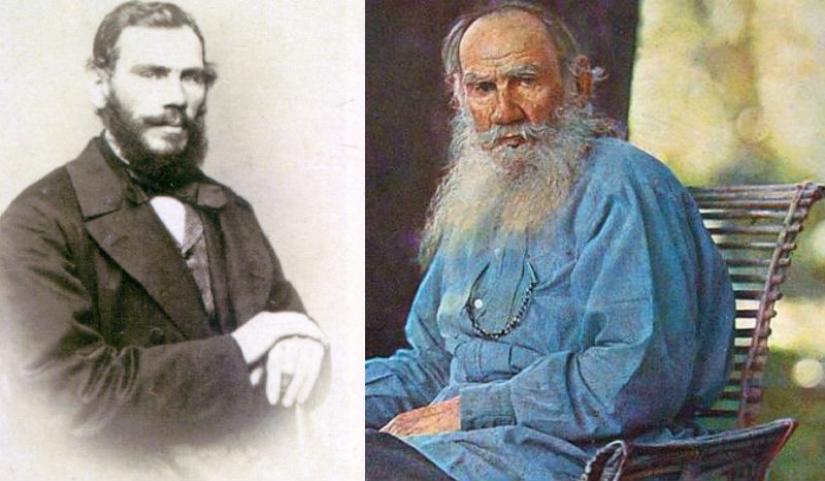
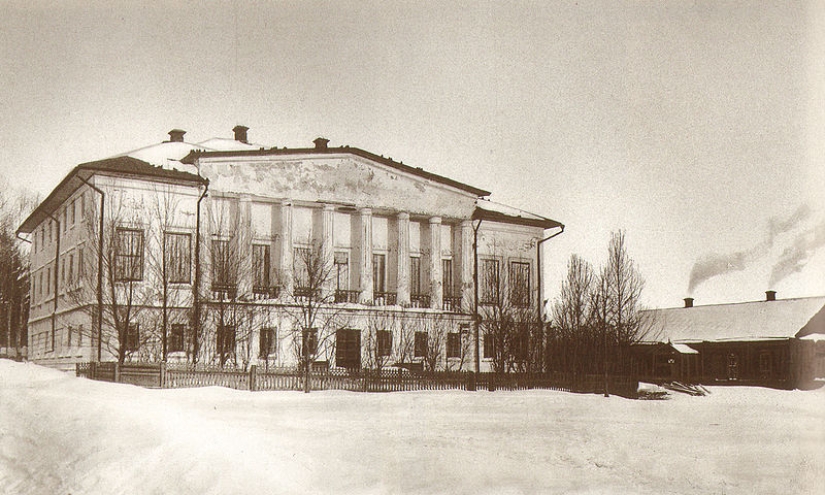
In his youth, Leo Tolstoy loved to play cards. The stakes were high, and the writer was not always lucky. One day, the gambling debt became so great that I had to pay off part of my ancestral nest — the estate in Yasnaya Polyana. The victim of excitement was the part of the house where Lev Nikolaevich was born and spent his childhood.

As soon as Tolstoy found out that he had been nominated for the Nobel Prize, he immediately wrote a message to the Finnish writer Jarnefelt, asking him to tell the Swedes not to award him the prize. When the prize did not go to him, Tolstoy was very happy. He was sure that money was the embodiment of evil, he absolutely did not need it, it would be a huge difficulty for him to dispose of it. In addition, the writer liked to receive sympathy from many people who regretted that the prize did not go to him.
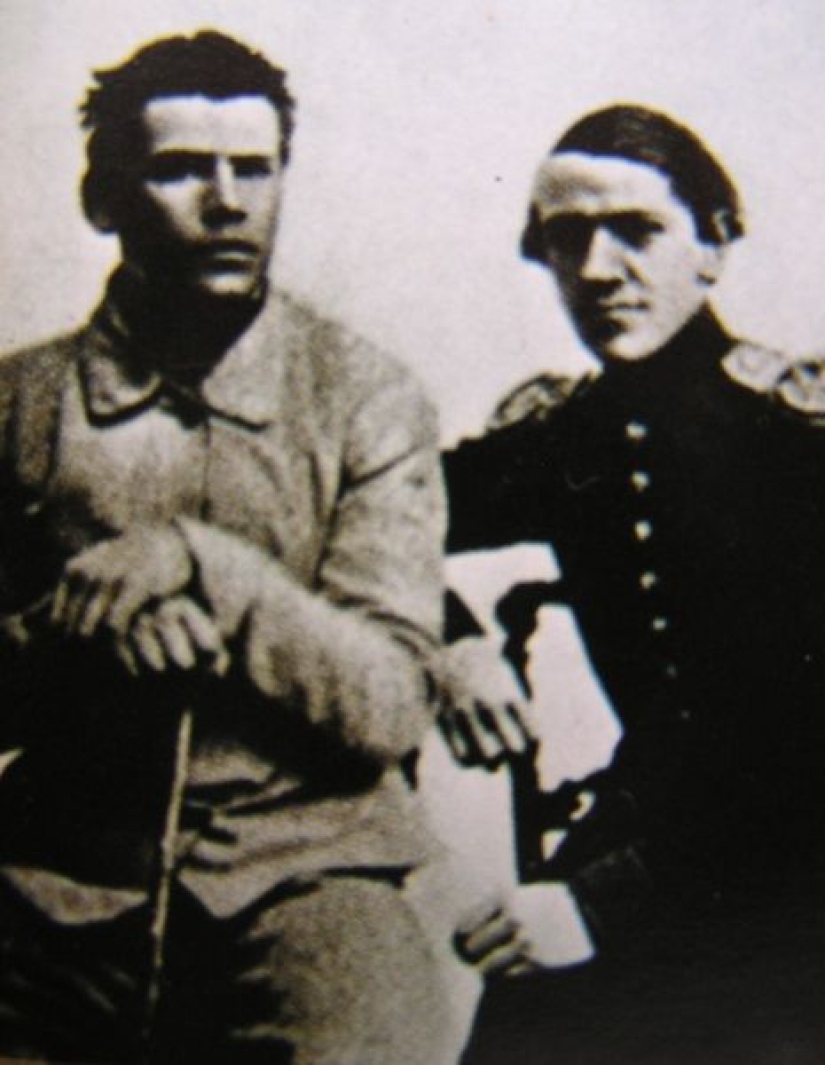
During his military service in the Caucasus, Leo Tolstoy conceded his award — the St. George Cross to a common soldier. His action was explained by the fact that the soldier was rootless and poor, and the presence of such an award gave the right to a lifetime pension in the amount of a standard soldier's salary.

Being a man close to nature and immensely loving his country, Lev Nikolaevich showed concern for the future. In 1857, he developed his own greening plan for Russia and was ready to take a direct part in it. In a document addressed to the Ministry of State Property, he offered to give him land located in the Tula region for 9 years, and was ready to plant them with trees himself. According to Tolstoy, the state treats natural resources immorally. However, officials called this project having no prospects and incurring losses.

Lev Nikolaevich loved all kinds of manual labor. He enjoyed the process of creating things with his own hands, especially if it brought benefit and joy to friends and family. One of his hobbies was sewing boots. The writer gave the created pairs of shoes to relatives, friends and acquaintances with great pleasure. His son-in-law even wrote about such a gift in his memoirs, attaching great importance to the gift. He noted that he would keep the boots on the same shelf with the publication of War and Peace.
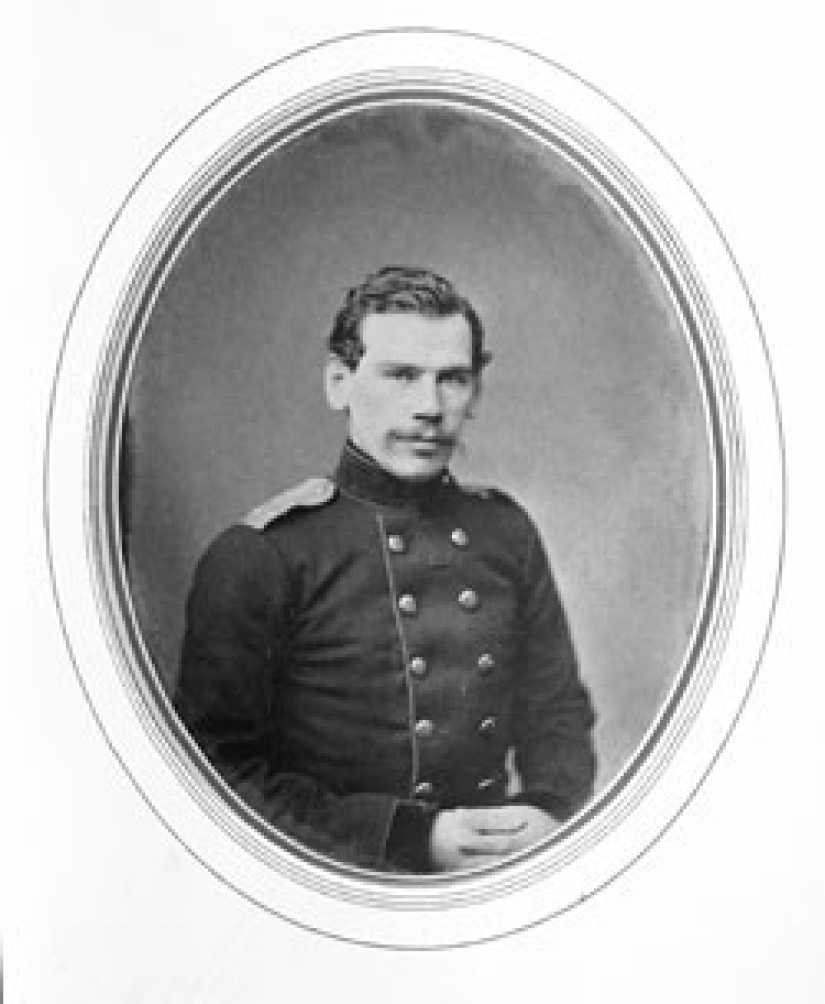
Being a wealthy man and having noble roots, Tolstoy was still an admirer of hard physical labor. He believed that an idle life does not make a person beautiful, it leads to the destruction of personality, both physical and moral. In difficult times, when thoughts about the future did not give the writer peace (he had already begun to think about giving up his property), Lev Nikolaevich went with ordinary peasants to cut firewood. A little later, he began to sew birch bark shoes for general use, having mastered this difficult craft perfectly. He annually helped peasant families in which, for one reason or another, there was no one to plow, sow or harvest. And despite the general disapproval among his noble entourage, he constantly took part in mowing.
The writer has always helped the hungry. In 1898, there was a crop failure in the surrounding counties, and there was no food left in the villages. Tolstoy personally toured the houses and found out where the situation was most difficult. After that, lists of products were compiled and distributed to families. In Yasnaya Polyana itself, hot dishes were prepared and lunch distribution was organized twice a day. All this was very disliked by the authorities, who even began to monitor Tolstoy's actions.

During one of the periods of reflection on his life, the writer found his condition not quite healthy and diagnosed himself with "longing and indifference". Following the fashion of the time, he began to be treated with koumiss. The method appealed to him, and he even bought a house next to the kumysolechebnitsa. This place later became a place of annual recreation for the whole family.
Three times Tolstoy undertook long-distance hikes. The road gave the count time to think, allowed him to focus on important things and explore his inner world. He walked from Moscow in Yasnaya Polyana. The distance between them was 200 kilometers. Tolstoy went on such a journey for the first time in 1886, and at that time he was 58 years old.
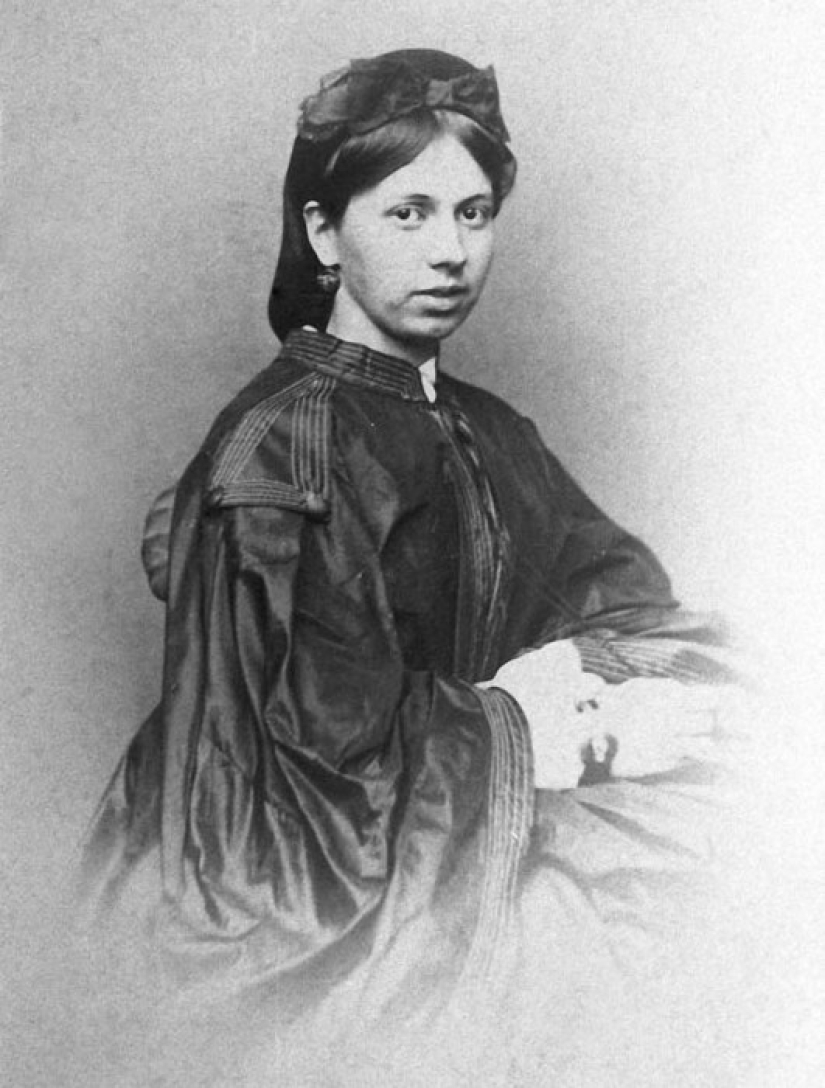
The peaceful life in the family of Lev Nikolaevich and Sofya Andreevna was under attack at the moment when the count was infected with the idea of giving up copyright to all his works and selling off all his property. The couple did not agree in their views on life principles and foundations. Tolstoy sought to give all the benefits and live a poor life, and his wife was very worried that their descendants would remain on the street and lead a beggarly existence.
Because of her worries, she became not herself, constantly eavesdropped on the count's conversations and spied on his actions. After Tolstoy announced to everyone his intentions to be closer to the common people, to distribute property and give up the right to his works, Sofya Andreevna waited for Tolstoy to state these thoughts in his will, making them his last will. In addition to spying on the writer himself, at any convenient moment she checked his office, rummaged through documents and papers, trying to find confirmation of this will. On this basis, she developed a persecution mania and obsessions appeared.
In the summer of 1910, the count's wife began to have tantrums and seizures, she practically did not control herself. Doctors called in Yasnaya Polyana was diagnosed with a "degenerative double constitution: paranoid and hysterical, with the predominance of the former."

From October 27 to 28 (old style), in the dead of night, accompanied by his doctor, Tolstoy began a strange journey. At first they were on their way to Optina Deserts, the count wanted to talk to the elders there. They traveled to Kozelsk with the common people in a smoky, stuffy car, Tolstoy often went out into a cold strong wind to breathe from the stench. It was at these moments that the writer caught a fatal cold.
Having visited the Optina Desert, but without meeting any of the elders, on the 29th the count went to the monastery in Shamordino. Tormented by mental anguish, he constantly changed the plans and points of his journey. One of the last was Novocherkassk, where his niece lived. From there he wanted to go to Bulgaria or the Caucasus. But then the information received on the train to Kozelska has a cold. The count's condition worsened, and they had to get off the train in the Lipetsk region at the Astapovo station.
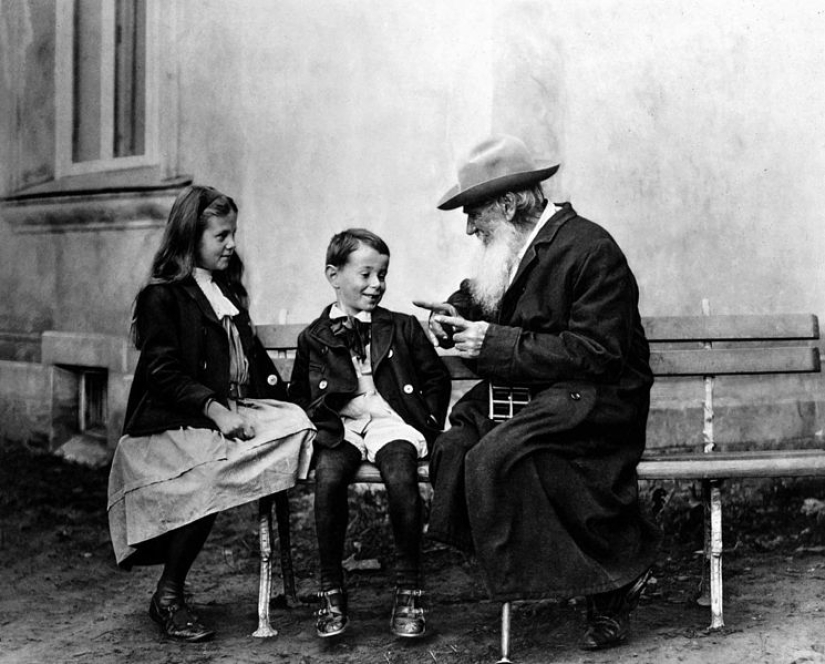
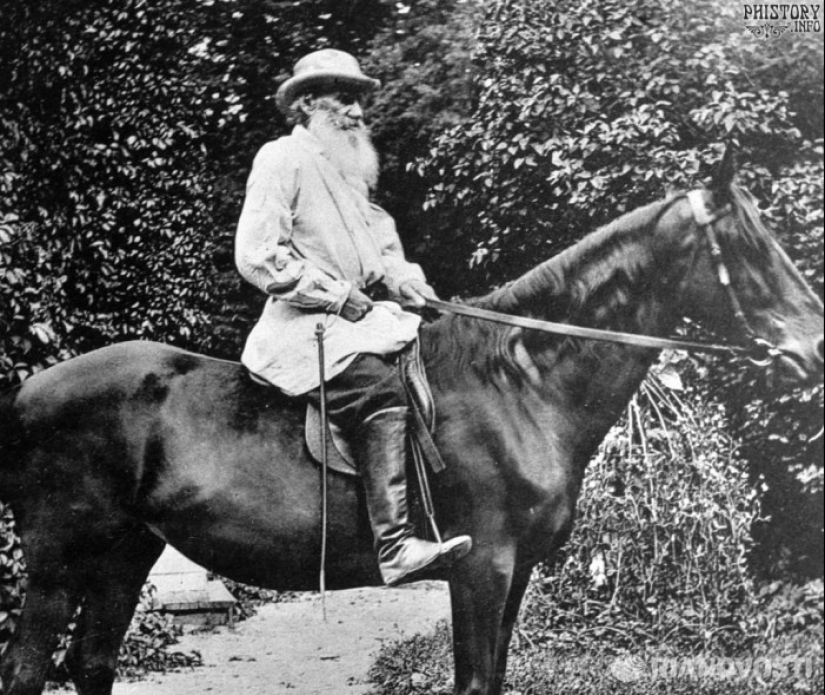
The cold turned into pneumonia, Leo Tolstoy died three days later in the house of the head of the railway station.Since then, the city of Leo Tolstoy has appeared in the Lipetsk region, and the time on the old clock of the station has stopped, 6 hours and 5 minutes are on them all the time — it was at this time on November 7 (20), 1910 that the writer died.
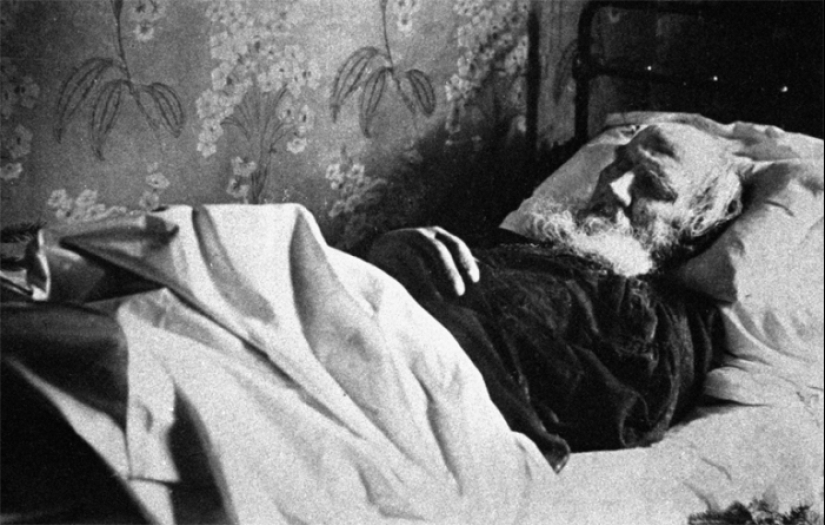
Sofya Andreevna could not say goodbye to her husband in a human way, she was allowed to see him only when the count was already unconscious.
After leaving home with a small suitcase, Leo Tolstoy returned to Yasnaya Polyana in a wooden coffin. His last trip lasted 10 days.
Recent articles

It's high time to admit that this whole hipster idea has gone too far. The concept has become so popular that even restaurants have ...

There is a perception that people only use 10% of their brain potential. But the heroes of our review, apparently, found a way to ...

New Year's is a time to surprise and delight loved ones not only with gifts but also with a unique presentation of the holiday ...